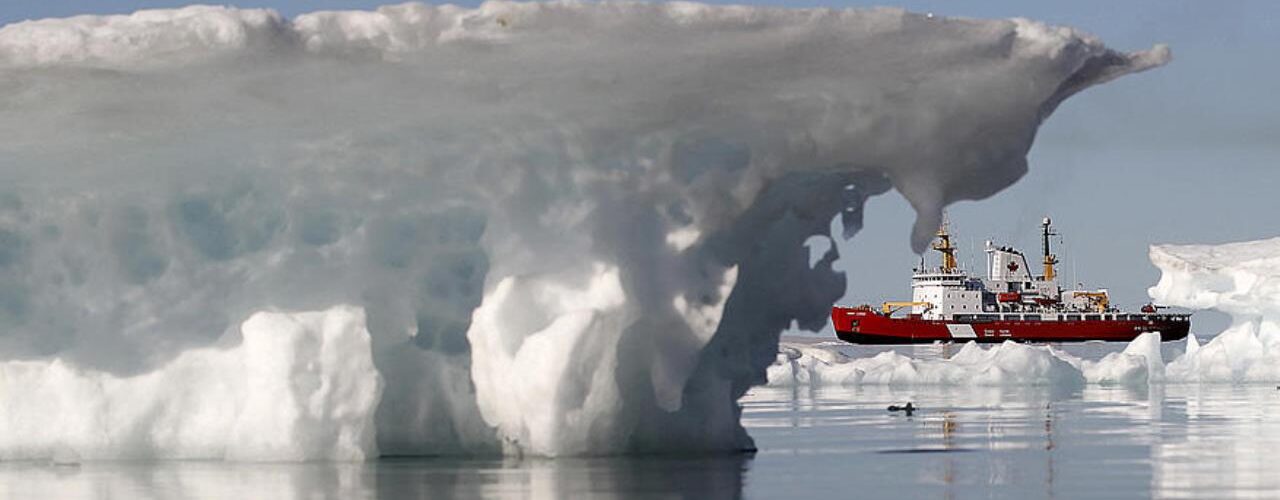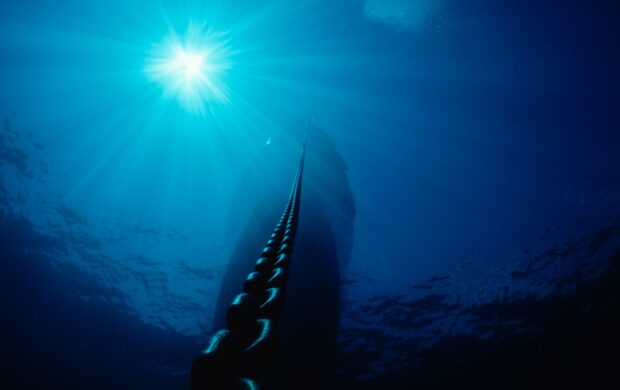New international environmental guidelines have been established to regulate the pollution caused by large ships navigating through the Arctic Ocean.

The Polar Code has been established by the UN International Maritime Organisation (IMO) in conjunction with Arctic countries and the International Association of Classification Societies (IACS). It will require cruise liners, oil tankers and bulk carrier ships to undergo voyage planning in order to protect marine life; however, any disaster involving oil spillage will have a catastrophic impact nonetheless.
The IMO released these guidelines to follow the safety portion of the Polar Code (published in November 2014), which it plans to implement in full from 1 January 2017 onwards. From this time, it will also ban discharge of chemicals and oil into arctic waters, and set tighter guidelines on disposal of sewage and garbage. At present, the disposal requirements are not as strict as the Marpol Annex V rules governing ships in the Mediterranean and English channel.
Before implementation, an operational ship manual will be created, and an assessment and certification process will be established to designate where, when and how ships can operate in the Arctic. The Code will make it easier for a ship to gain a polar navigation certificate, without necessarily having to undergo inspection.
The Polar Code has been criticised for failing to confront the use of heavy fuel oil and regulate against cowboy operators. To put this in context, the use of heavy fuels was banned in the Antarctic in 2010. Critics also note that the code lacks protective measure for invasive species, restrictions for greywater disposal, measures to reduce underwater noise and satisfactory protocols for oil spill response.
A further criticism is that the Code only applies to ships that are on international voyages. This means it does not apply to the most high-risk ships in the region, such as off-shore support vessels that run between oil rigs and ships, fishing vessels and national register ships trading between ports within a country in polar waters. Cruise ships moving along national coastlines are also exempt.
The IMO will have the opportunity to revisit the Polar Code after a minimum of two years.












